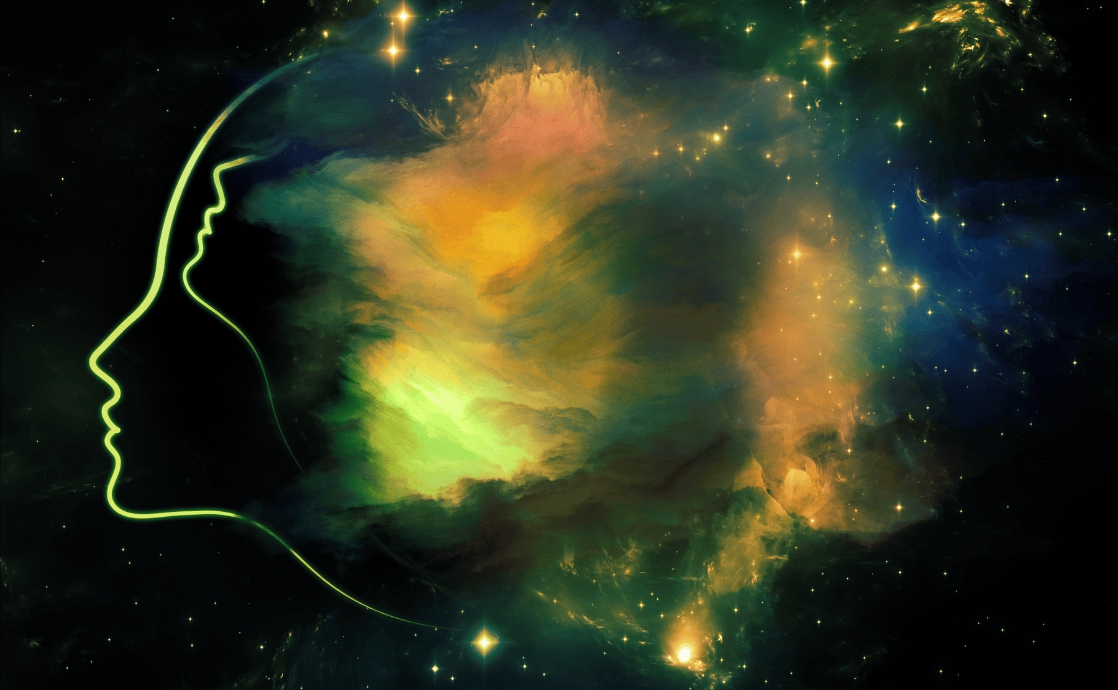The views expressed in our content reflect individual perspectives and do not represent the authoritative views of the Baha'i Faith.
What we cannot avoid in our discussion about what constitutes human life—especially since we have defined death as the absence of it—is whether or not being human involves anything other than the random assemblage of the modular parts of the human body, especially the more intricate parts of the central nervous system.
Obviously our laws, for example, assume that we have something more than a mere computer made of meat between our ears, because we hold people responsible for their actions. In many cases we hold them responsible even when such a path is not necessarily a course of action that best befits self-interest, at least in terms of ordinary sorts of comfort and felicity.
In other words, there is a clear distinction between what the brain does and what the mind does, particularly as regards human will.
Let me explain. Human will is by definition a metaphysical force. Like gravity, it cannot be examined as a force per se—we can only examine its results. A materialist explanation for human reality is that all we are, or all we can become, is merely the result of the function of the modular workings of the human brain, the most complex system in existence. However, the most complex computer ever devised or that it is ever possible to devise can do no more than it is designed to do. It has no inherent sense of well-being or willful desire, except what we humans design into it, in spite of what science fiction would have us believe.
As human beings, however, we have the capacity to make decisions and carry them out based on nothing more than what we wish to do—and what we wish to do, however influenced by a myriad external forces and inherited predispositions, may change from moment to moment. If we have learned nothing else about human nature, it is that we have the capacity defy the deterministic forces that would usurp our desires and powers to act freely, to become what we decide to become rather than to follow the path of least resistance.
For example, we may begin a course of action in life designed to acquire vast sums of wealth, only to undergo some transformative emotional or spiritual experience that causes us to take action against material self-interest, to dedicate ourselves to assisting others, to incrementally reform our own normative perspectives, to effectively re-invent ourselves and our purpose in life. The strict materialist cannot admit this process as the result of anything other than random brain function or else the illusion of authorship.
The philosophical corner into which many materialists have painted themselves, in short, effectively diminishes their own accomplishments as nothing more than the chance results of brain activity over which they themselves have no real control. Consequently, they belie their own theories by accepting honors and awards for their work. If all they have accomplished has resulted deterministically from random brain activity, genetic predisposition, or environmental upbringing, then in what sense can they claim credit or personal achievement?
Einstein faced the same problem with gravity. He could not accept that the physical universe contained an inherent force of attraction. Unless the cause of such a force could be explained or justified by scientific law, he argued, this attraction was merely some other event being observed from a perspective which gave the appearance of inherent mutual attraction of masses—simultaneous action at a distance.
The axiomatic conclusion that science is in the process of discovering is that which the Baha’i writings asserted over a hundred years ago—that everything, every existent part of physical reality, is composite. Or stated more plainly, there is no final building block of matter, because matter is infinitely divisible or refineable, even as matter is obviously also infinitely additive.
Of course, in neither direction does physical reality end up becoming spiritual or meta-physical. But because these twin expressions of reality available to us—the physical and the metaphysical—are the “exact counterpart” of each other, this emulation is a means by which we can apply what we know about one reality in order to discover things we do not know about the other.
Getting back to the subject at hand, then, if we as human beings are something more than or other than the workings of an intricate and complex physical machine, if our personhood or humanness or self-consciousness really is more than the sum total of billions of neurons patched together in networks and lobes and other components of a vast modular nervous system, then the very essence of what we are, must, perforce, be more than a physical event or process, however much it may be communicated through or associated with physical processes. In short, our essential self must be non-local and metaphysical in nature. More than just a mind, we must have a soul. We must be essentially spiritual beings:
Man—the true man—is soul, not body; though physically man belongs to the animal kingdom, yet his soul lifts him above the rest of creation. Behold how the light of the sun illuminates the world of matter: even so doth the Divine Light shed its rays in the kingdom of the soul. The soul it is which makes the human creature a celestial entity!
By the power of the Holy Spirit, working through his soul, man is able to perceive the Divine reality of things. All great works of art and science are witnesses to this power of the Spirit.
The same Spirit gives Eternal Life. – Abdu’l-Baha, Paris Talks, p. 82.
Next: We Are Essentially Spiritual Beings
















Comments
Sign in or create an account
Continue with Googleor